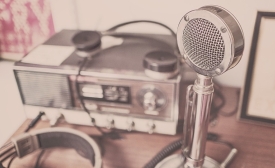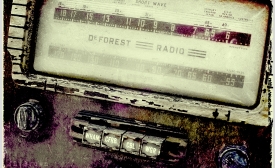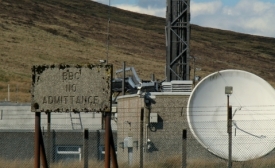bbc world service

A new episode of the BBC History Hour podcast reviews the beginning of its international broadcasting services in Portuguese and Spanish.

"Individuals are increasingly important to solving some of the world’s most intractable challenges," says Timothy Jenkins.
The BBC World Service has outlined plans to increase the number of languages in which it broadcasts from 29 to 40 – in a drive to reach half a billion people across the world by 2022. It is the biggest expansion of the broadcaster in more than 70 years, and a signal that Britain aims to exercise its soft power more vigorously.

Kim Andrew Elliott on an international broadcasting Cold War throwback.

Gary Rawnsley has words of caution for the British international broadcaster.
The BBC has warned the government that its global news presence will end up marginalised by overseas rivals such as Russia Today and al-Jazeera unless multimillion-pound cuts are reversed.
At the height of the Cold War, the BBC World Service, Radio Canada International and the Voice of America used high-power, multilingual broadcasts on the shortwave radio bands (1710 kHz–30 MHz) to blast news and information behind the Soviet Union’s “Iron Curtain.” In turn, Radio Moscow, Radio Havana Cuba and East Germany’s Radio Berlin International pumped their own versions of reality to the world via shortwave.







